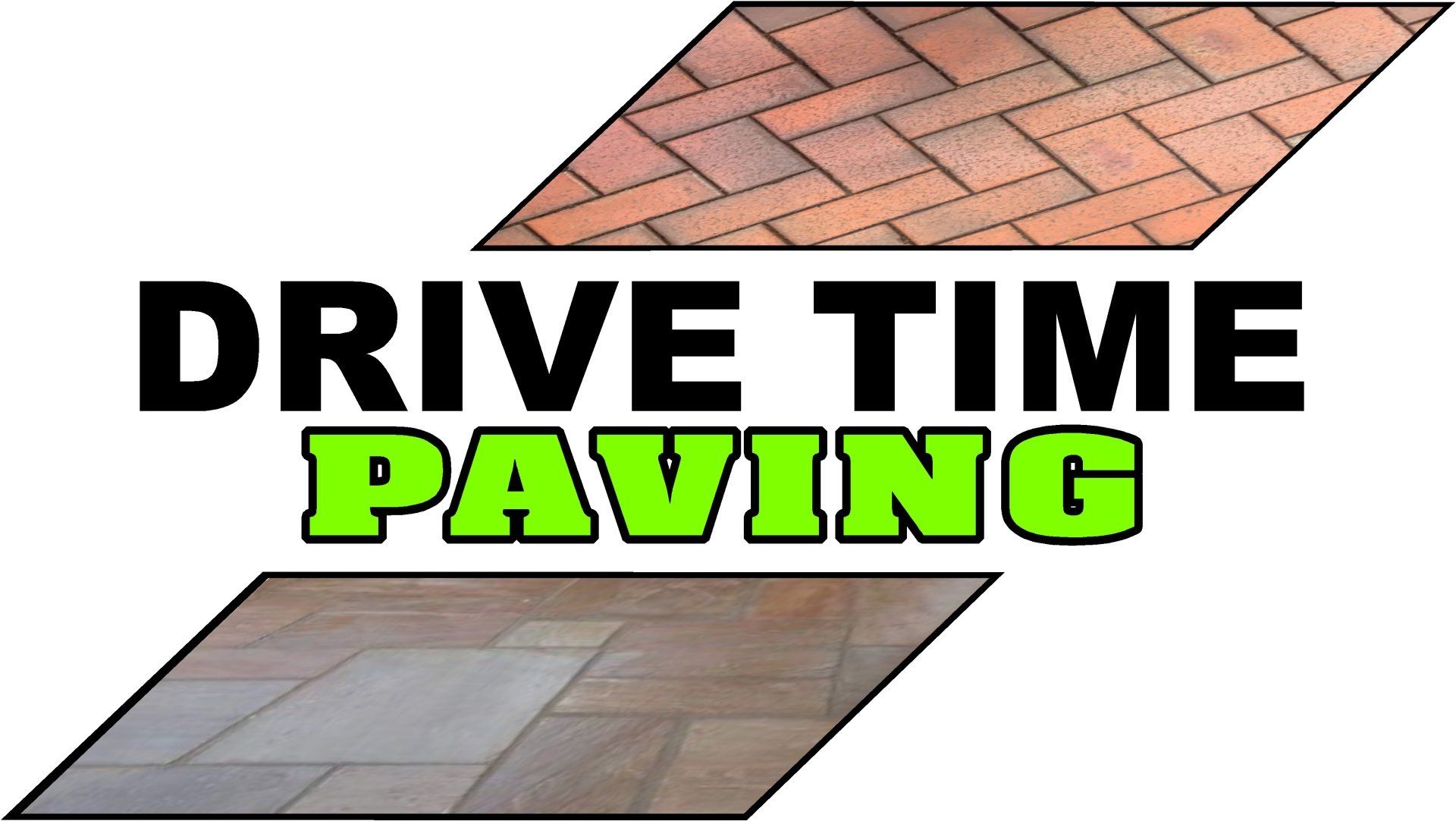How Cold Winter Weather Can Damage Your Driveway
No time of year brings more tests for your driveway than winter. The season is more prone to storms than any other (with this year being especially bad) and while a warming climate may mean fewer icy nights and deluges of snow, there will still be some times when the mercury dips below zero.
Both of these can cause problems for your driveway. In the first instance, lots of rain can lead to your driveway being swamped unless it has very good drainage. The second can bring damage in the form of freeze-thaw, especially for surfaces like concrete and asphalt.
This all comes down to the basic properties of water, which expands when cold. As it freezes, water seeps into small cracks and then widens them. In nature, this helps crack open rocks and release important minerals. That may be good news for plants, but spells potholes for an asphalt driveway.
A range of possible solutions presents itself. If you have snow on the driveway, it is important to shovel it off. However, be careful of using a big heavy shovel that can damage the surface. In the longer run, resin sealing can protect against water ingress.
Gravel driveways can offer some advantages in winter. They do not form such an opaque surface as to make drainage harder, so it can be easier for water to drain away when it has rained heavily.
However, this does not mean you can just allow the ground beneath to become sodden, as it will become unstable and tyres can end up gouging big trenches. This can also happen when gravel freezes into clumps of stones. Whatever kind of surface you have, potholes should be seen to as soon as possible to prevent further deterioration.
Any driveway that does not drain naturally by being on a slope can be aided by having good drainage adjacent to it, such as ground that will soak up water or small trenches to drain it away. This soggy winter in particular will show whether you need this.
